
Five from Cornell named 2026 Sloan Research Fellows
Five Cornell faculty members are among 126 early-career researchers across North America who have won 2026 Sloan Research Fellowships from the Alfred P. Sloan Foundation.
 Department Homepage
The College of Arts & Sciences
Department Homepage
The College of Arts & Sciences
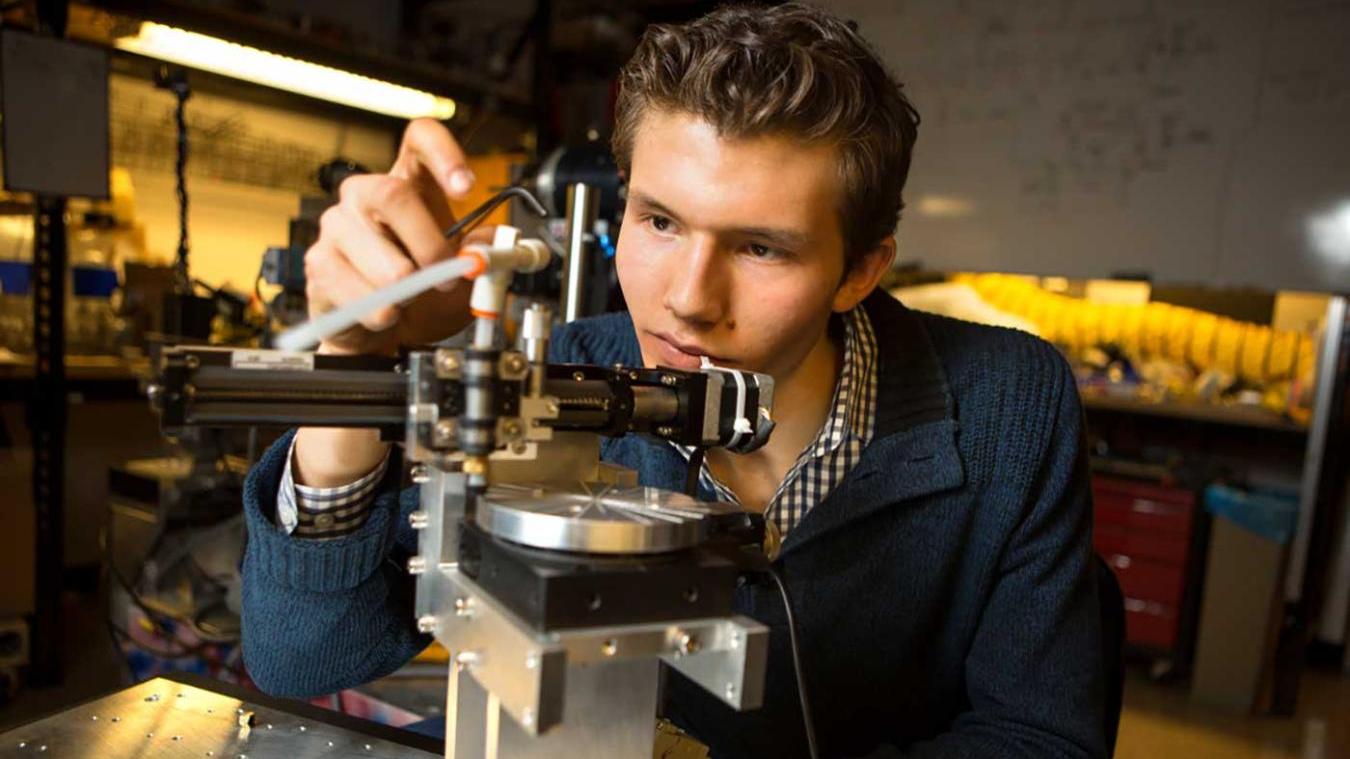
The Cornell University Department of Physics, known for the versatility of its program, the breadth of its training, and Nobel Prize-winning work, is unsurpassed in many areas. The presence on campus of a particle accelerator, one of just a few of its magnitude anywhere in the world, contributes to Cornell’s reputation in particle and accelerator physics. The department has more than 40 active professors, approximately 180 graduate students and 65 undergraduate majors, and offers a full range of university-level work in physics, from general education courses for nonscientists to doctoral-level independent research.

The Bethe Way is the department's yearly magazine. In it, we share exciting highlights of faculty hires, research breakthroughs, staff changes, teaching reform, faculty awards, and alumni connections.

Five Cornell faculty members are among 126 early-career researchers across North America who have won 2026 Sloan Research Fellowships from the Alfred P. Sloan Foundation.

Cornell researchers interested in diverse topics ranging from peptide engineering and cellular metabolites to quantum physics and sustainable computing are among the newest cohort selected by the Eric and Wendy Schmidt AI in Science Postdoctoral Fellows program.
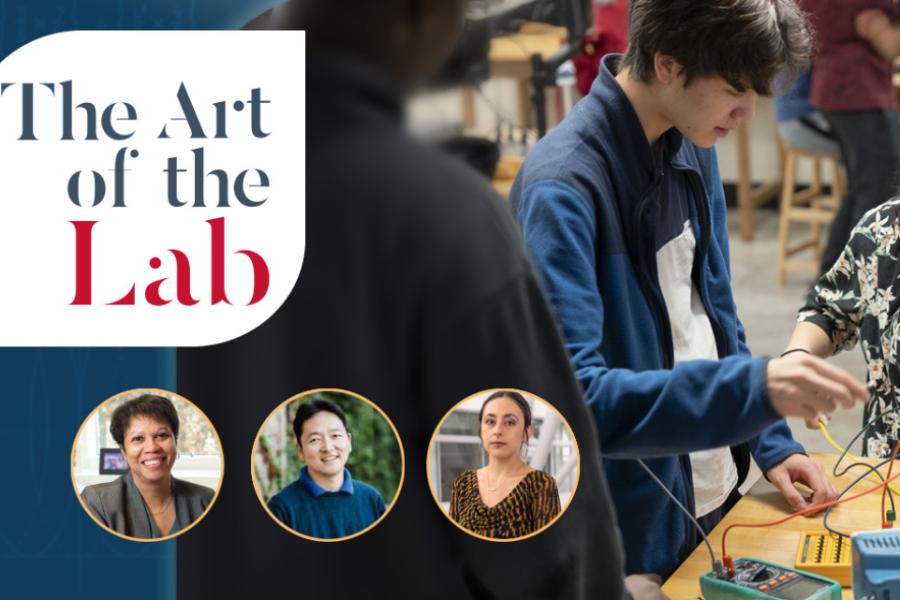
CTI’s “The Art of Teaching” series returns Feb. 11 with “The Art of the Lab.” Faculty panelists will share creative instructional approaches for designing student-centered laboratory experiences.

Four Cornell faculty members are among 99 researchers across the U.S. who have been awarded grants by the U.S. Department of Energy as part of its Office of Science Early Career Research Program.

The 12 early-career scholars will pursue research in the sciences, social sciences and humanities.

In 2026, the from the Gordon and Betty Moore Foundation will begin funding 10 two-year postdoctoral appointments including three in astronomy, chemistry and physics in the College of Arts and Sciences.
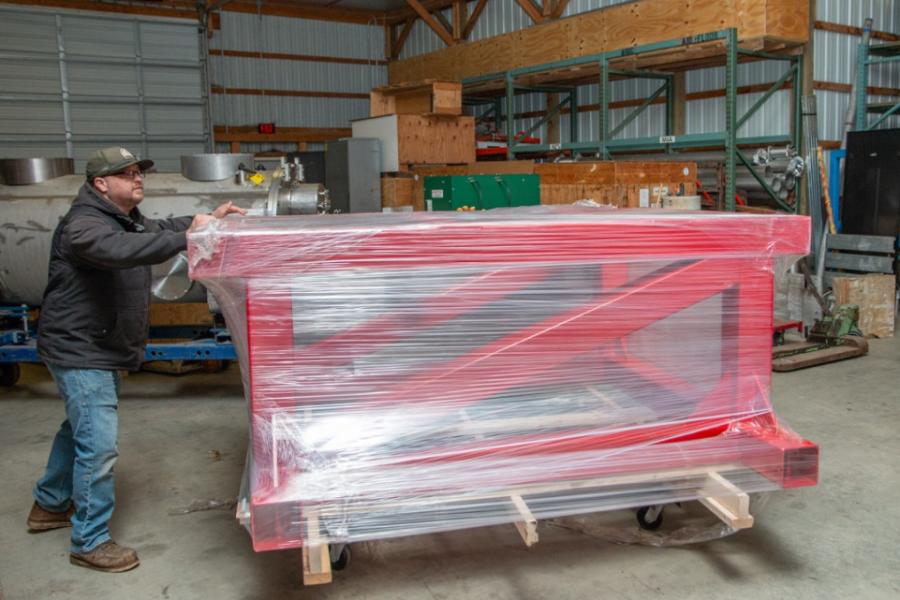
Behind a world-leading telescope bound for Chile is a team of engineers, machinists, electronics specialists and riggers at Cornell. Meet the specialized staff whose expertise is helping push cosmology to new frontiers.
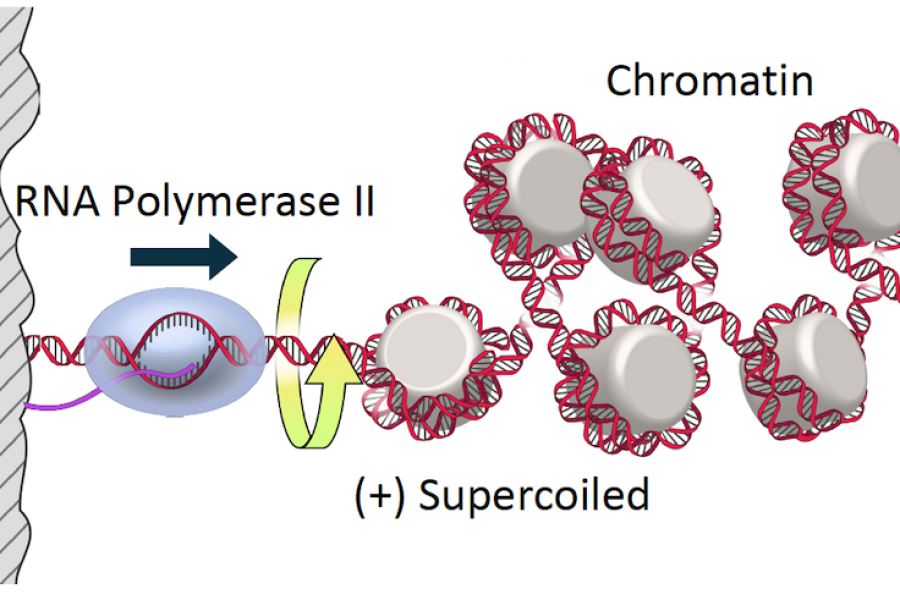
Researchers discovered that DNA packaging structures called nucleosomes, which have been traditionally seen as roadblocks for gene expression, actually help reduce torsional stress in DNA strands and facilitate genetic information decoding.
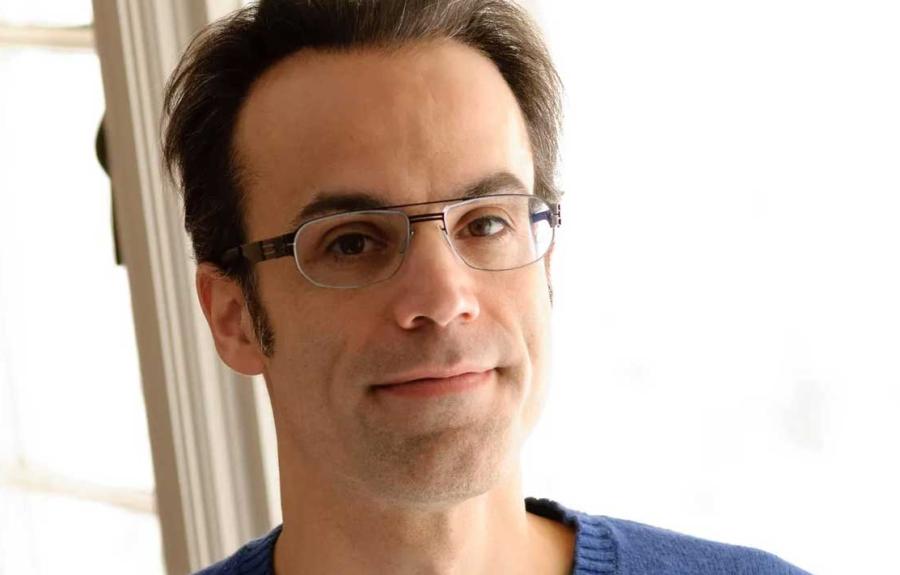
"On my first day after joining a research group in graduate school a professor said, I hear you’re interested in instrumentation.’ I didn’t know what that was, but I thought I’d better say yes. When people think about physics, they think about a guy with a pencil and paper, but physics is an experimental science.”
- Peter Wittich, Professor and Director, Laboratory of Elementary Particle Physics